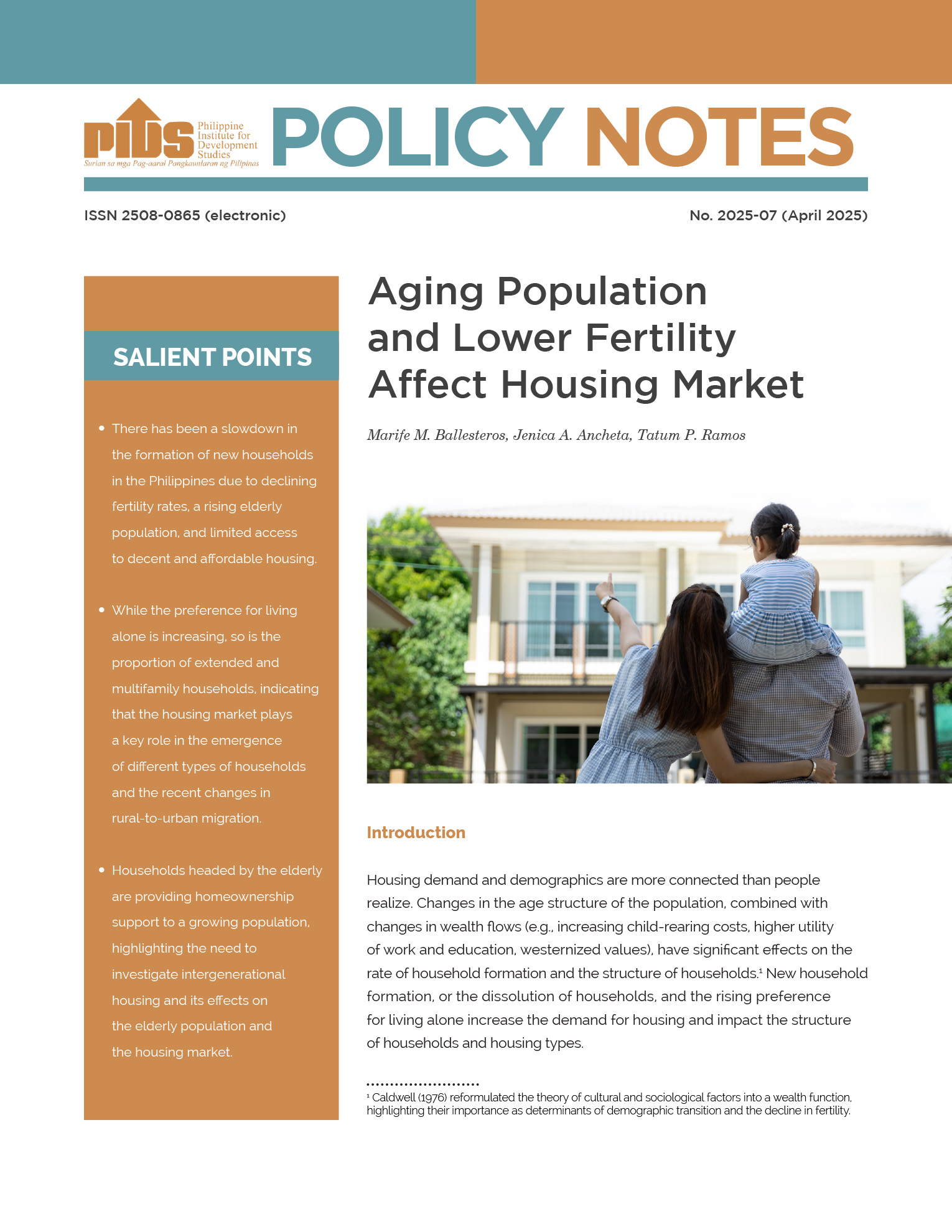THE PHILIPPINESŌĆÖ access to the Japanese market has improved since the implementation of the Japan-Philippines Economic Partnership Agreement (JPEPA) in 2008, state-run SA╣·╝╩┤½├Į (PIDS) said. In a policy note issued last month, Veredigna M. Ledda and Erlinda M. Medalla, supervising research specialist and senior research fellow at PIDS, respectively, said the overall impact of JPEPA -- referred to in the note as PJEPA -- after five years since its implement has been "positive.ŌĆØ "Rather than the fulfillment of grim predictions and dislocations, there is some evidence of improved market access for some Philippine products, particularly in agriculture, that have seen a decrease in tariff rates as a result of the [JPEPA],ŌĆØ they said in the policy note. JPEPA, the countryŌĆÖs sole bilateral trade agreement, was signed by the Philippines and Japan in September 2006. It was immediately ratified by Japan in December that year but took the Philippines two more years to do the same, due to strong opposition from lobby groups. Concerns were raised about the potential serious negative impacts of opening up the economy as a result of the JPEPA, such as significant dislocation in the "sensitiveŌĆØ automotive sector and dumping of toxic waste. These, however, according to Ms. Ledda and Ms. Estrella, failed to materialize. Instead, the countryŌĆÖs exports to Japan such as bananas, pineapples, and tuna, which had already been making inroads in the Japanese market prior to JPEPA, increased even further after the agreementŌĆÖs implementation. "Although there is some natural leveling off in succeeding years, the average yearly trade volume and value from 2009 to 2012 are significantly higher than in the four years immediately before the [JPEPA],ŌĆØ they said. Skills training and transfer of technology have also secured a "more sustainable basis for developmentŌĆØ for the Philippines. In addition, the researchers said JPEPA has provided an opportunity for institution building and domestic reforms in the country.
PIDS: Japan market access better after JPEPA
BusinessWorld
Daryll Edisonn D. Saclag












